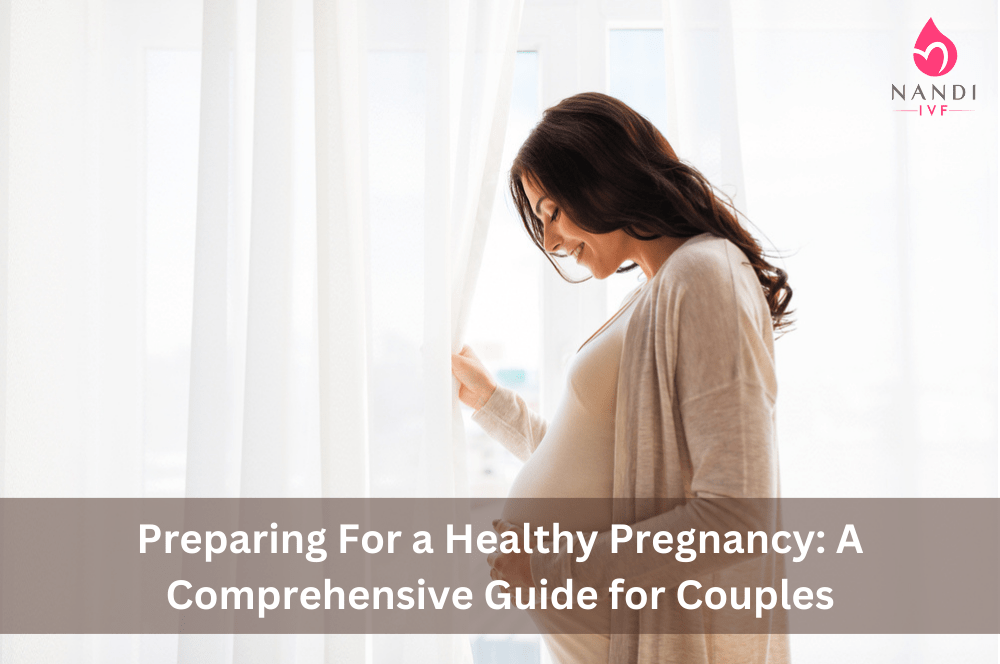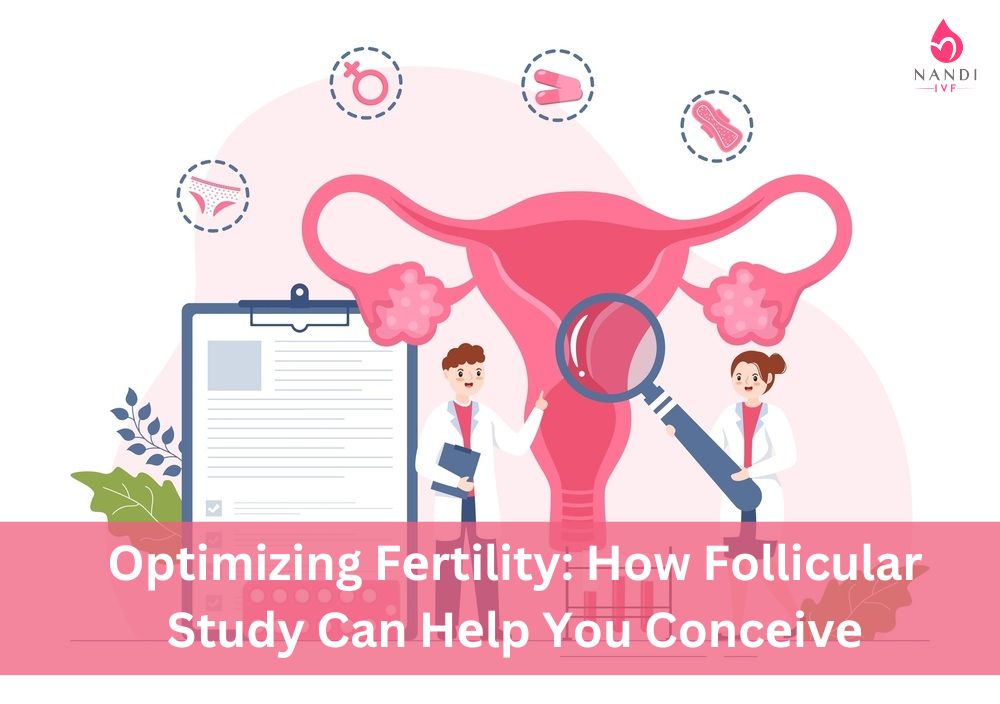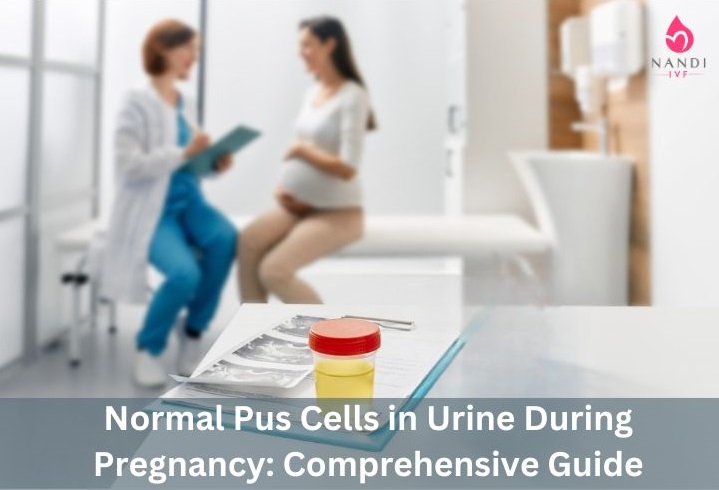Embracing motherhood is one of the most joyful moments in a woman’s life. But the journey to motherhood demands great care and nourishment for the mother’s body. According to a study, the mother’s diet plan should include vitamins and nutrients so that both she and the baby are as fit as a fiddle. One should be careful of the kinds of vegetables, fruits, and other food items a mother consumes. Let us decode the benefits and risks of consuming Jamun in pregnancy.
Know Your Fruits: Nutrient Composition of Jamun
Scientifically known as Syzygium Cumini, it goes by the common name Indian Blackberry or Jamun. It is widely consumed for its high antioxidant properties and contains various nutrients like sodium, calcium, folic acid, etc. The popular summer food is also recommended in Ayurveda for its medicinal properties. Jamun can be consumed directly or as a healthy juice loaded with goodness of vitamins.
As discussed above, Jamun is a powerhouse of essential nutrients and vitamins that promote a healthy diet. Let’s first take a closer look at the nutritional composition of Jamun and understand the impact of consuming Jamun during pregnancy.
Nutritional Composition of Jamun:
Nutrient (Nutrient Composition per 100g)
Moisture (%) – 85.25
Vitamin C (mg) – 151.51
Sodium (mg) – 28
Potassium – 285
Carbohydrates (g) – 14
Iron (mg) – 019
Calcium (mg) – 19
Read Also: Jackfruit During Pregnancy: Benefits, Risks, and Side Effects
Benefits of Consuming Jamun During Pregnancy
Now we know the nutrient components of Jamun, and how it is packed with nutrients and vitamins. Let us now see the benefits of consuming jamun in pregnancy, and how it will help a pregnant woman get the nutrients her body requires.
Increases Hemoglobin
Consuming Jamun during pregnancy helps increase the body’s hemoglobin level when taken in the right quantity. It is known for having blood-purifying properties. Jamun is highly rich in Iron and, therefore, beneficial for pregnant women. and also effective in tackling anemia issues often faced by women during pregnancy.
Better Digestion
Being the powerhouse of Vitamins, Jamun contains excellent amounts of vitamins A and C. These Vitamins assist in promoting better digestion. Problems like bloating and other digestion issues can be reduced to a certain degree by eating Jamun during pregnancy. It also contains fiber that is good for better digestion in pregnant women.
Packed with Antioxidants
Jamun is a perfect fruit that has high antioxidant properties. These antioxidants aid in dealing with oxidative stress often occurring during pregnancy. They neutralize harmful radicals in our body and help build immunity of a pregnant woman.
Read Also: After How Many Weeks IVF Pregnancy Is Safe
Increased Immunity
Eating Jamun during pregnancy can be beneficial for the immune system. Maintaining high immunity is essential for the overall health of an expecting mother. Vitamin C, Iron, Calcium, and Potassium make it a superfruit for fulfilling the required quantity to strengthen the immune system.
Regulating Blood Sugar
It is very important to check Blood Sugar levels during pregnancy constantly. Consuming Jamun during pregnancy with proper guidance from the doctor can help manage gestational diabetes issues during pregnancy.
Healthy Heart
Vitamins and essential nutrients in Jamun help keep your heart happy and healthy. Pregnant women often face high blood pressure problems and increased heart rate. Including Jamun in a pregnancy diet can be beneficial in keeping your heart health under check.
These benefits can be really helpful and make Jamun a perfect fruit to include in your diet chart during those 9 months. However, it is advisable to consult your doctor about consuming the right quantity of Jamun during pregnancy.
Read Also: Preparing For a Healthy Pregnancy: A Comprehensive Guide for Couples
Factors To Consider Before Consuming Jamun In Pregnancy
It is always advisable to consider the potential risk factors that may arise due to the consumption of Jamun during pregnancy to avoid any complication or impact on the mother’s and child’s health.
Blood Sugar Imbalance
Jamun is the right fruit when dealing with high blood pressure problems. But in order to regulate it, excessive consumption of Jamun can lead to an imbalance in Blood sugar levels that can have an increased risk of Hypoglycemia.
Constipation
The fruit is rich in Vitamin C and aids in dealing with various digestion issues faced by women during pregnancy. However, eating Jamun over the prescribed quantity can lead to constipation problems.
Allergic Reactions
It is necessary to consult your doctor about the suitable quantity before consuming Jamun during pregnancy, as it may involve the risk of allergic reactions. Jamun can also cause discomfort in the throat and chest if excessively consumed.
Read Also: The Importance of Sleeping Position After IVF: A Guide for Patients
Precautions To Take While Consuming Jamun During Pregnancy
- Always wash Jamun thoroughly before consuming. It is advisable to buy Jamun from a hygienic and clean place.
- Summer is the best season to savor this fruit. There are chances of bacterial or insect attacks during the monsoon season.
- It is crucial to consult your doctor before eating Jamun. The doctor can prescribe the right quantity and ways to consume Jamun during pregnancy.
- Jamun kept at room temperature should be consumed rather than refrigerated.
- Always eat Jamun, which is fresh and plump. The bruised and tinted ones should be avoided.
- Properly ripened Jamun are suitable for consumption. The ripened Jamun are soft with a deep purple hue to them.
Also Read: Signs Ovulation is Over: You Need to Know If You Ovulated or Not
Best Ways to Include Jamun In Your Diet
- Jamun Smoothie – Jamun Smoothie is an easy and quick recipe to relish the tasty treat of Jamun. The jamun can be blended with yogurt, making it a great breakfast addition.
- Jamun Lemonade: This one is to beat the heat of scorching summer. Mix Jamun blend with lemon squeeze and mint leaves, and your refreshing drink is ready. You can add black salt to give it a tangy twist.
- Jamun Fruit Salad – This is a nutrition and vitamin power pack. A bowl of diced grapes, strawberries, mangoes, and Jamun is a healthy and tasty option to satisfy pregnancy cravings.
Read Also: Empowering Couples For Parenthood: Navigating Pregnancy With PCOS And PCOD
Embark on The Journey With The Best: Nandi IVF
Jamun, or Indian Blackberry, is a healthy summer fruit widely known for its nutrient-rich composition and medicinal properties. Consuming Jamun during pregnancy diet can help boost the intake of important vitamins and nutrients for a happy and healthy pregnancy. With Nandi IVF, you can get such deep insights that will help you make your journey to parenthood healthy and smooth. Our team of skilled doctors is ready to assist you with your pregnancy. Contact us today and begin your journey!
FAQs
Q: Can I consume Jamun every day during my pregnancy?
Ans: A handful of Jamun during pregnancy is a healthy option for essential nutrient intake. But the quantity must be consulted by a doctor before consumption.
Q: Which nutrient does Jamun provide to pregnant women?
Ans: Jamun contains essential nutrients like Sodium, Potassium, Calcium, and fiber. These nutrients aid in having a healthy diet during pregnancy.
Q: Are there any side effects of consuming Jamun during pregnancy?
Ans: Jamun is beneficial when consumed in moderation. However, excessive consumption can lead to an imbalance in blood sugar levels, gestational issues, and dental problems.
Q: Can Jamun aid in gastrointestinal problems during pregnancy?
Ans: Jamun has antacid properties that help with indigestion and gastric issues. Always consult your doctor before
Q: Is Jamun a miracle cure for wholesome pregnancy?
Ans: Jamun is a superfruit that contains essential vitamins and nutrients that are crucial for the body during the time of pregnancy. However, the body’s nutritional requirements can not be solely fulfilled by Jamun. It is a great and healthy addition to your nutrient-rich balanced diet.
Read Also: 7 Steps to Getting Pregnant with Blocked Fallopian Tubes
Read Also: Comparing Tubectomy and Vasectomy: Which Option is Right for You?
Read Also: What Is The Best Age To Get Pregnant With PCOS?
Read Also: Understanding Hyperbaric Oxygen Therapy: Cost, Treatment, Procedure, and More
Read Also: Normal Pus Cells in Urine During Pregnancy: Comprehensive Guide
Read Also: Apricots in Pregnancy: Unveiling the Nutritional Bonanza for Expectant Mothers



















